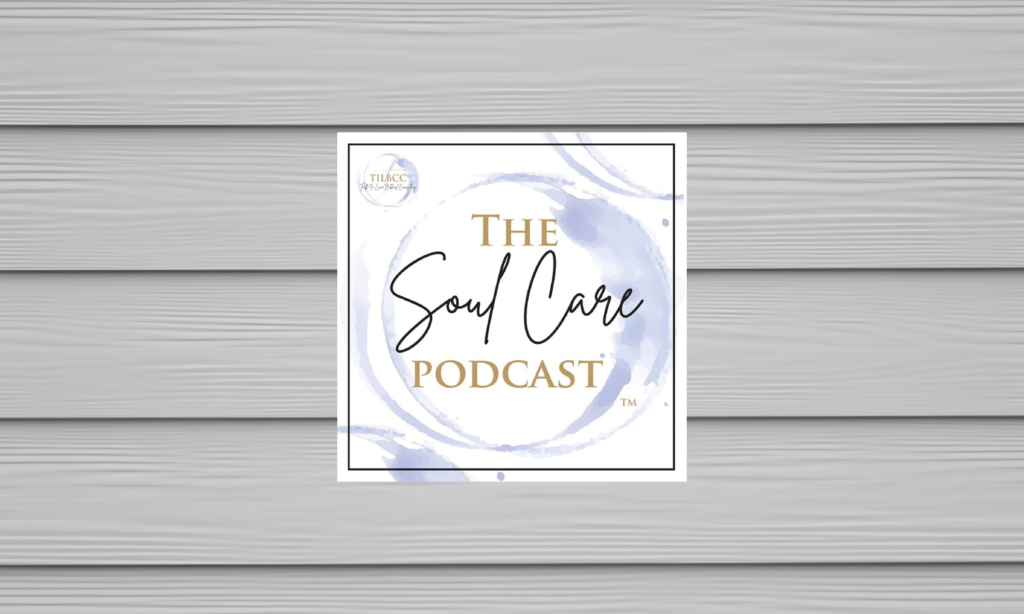O my God, I cry by day, but you do not answer, and by night, but I find no rest. (Psalm 22:2)
I lost. I failed. I sobbed on the stiff hospital bed, the diagnosis settling upon my soul like clouds a mile thick. I had tried so hard to fight what seemed to be a calculated battle. Faith. Willpower. Resistance against my chronic struggle with depression. But the escalating evidence and my declining ability to cope alluded to something more complicated under the surface. My formulaic fighter mentality could only take me so far in a world cursed by physical, mental, and spiritual decay.
The back corner of the ER hosted a collection of beds reserved for mental-health observations. Suicide watches. Looming staff eyes. A frantic woman wrestled into compliance by hospital security staff, screaming her piercing rebel yell for all to hear. It echoed of a place I’d been before.
A Dark Reunion
To you, O Lord, I call; my rock, be not deaf to me, lest, if you be silent to me, I become like those who go down to the pit. (Psalm 28:1) The mental hospital, the year 2000, a 72-hour hold. This piece of my history was pushing its way to the present, and fresh ink on commitment papers served to make it official: I was going back into a realm of peculiar brokenness. Shamed, dejected, and in an ER full of busybodies or failing bodies, I felt hopelessly alone in my defeat.
In the neighboring mental hospital, a nurse wheeled me to a quaint, unadorned room. A bed. Linoleum floor. The words “Help Me” carved into the wood wall. After tests, a detailed history, and analysis of ever-worsening symptoms, the doctors delivered the diagnosis: Bipolar Disorder II.
For one week, I remained in the treatment facility, listening to the doctors and discussing with social workers what recovery would look like. A lifetime of medication and blood tests, symptom management and therapy. A lifetime of battle between broken, polar selves: the hypomanic and the depressed.
I lost. I failed. I sobbed on the stiff hospital bed, the diagnosis settling upon my soul like clouds a mile thick. I had tried so hard to fight what seemed to be a calculated battle. Faith. Willpower. Resistance against my chronic struggle with depression. But the escalating evidence and my declining ability to cope alluded to something more complicated under the surface. My formulaic fighter mentality could only take me so far in a world cursed by physical, mental, and spiritual decay.
The back corner of the ER hosted a collection of beds reserved for mental-health observations. Suicide watches. Looming staff eyes. A frantic woman wrestled into compliance by hospital security staff, screaming her piercing rebel yell for all to hear. It echoed of a place I’d been before.
A Dark Reunion
To you, O Lord, I call; my rock, be not deaf to me, lest, if you be silent to me, I become like those who go down to the pit. (Psalm 28:1) The mental hospital, the year 2000, a 72-hour hold. This piece of my history was pushing its way to the present, and fresh ink on commitment papers served to make it official: I was going back into a realm of peculiar brokenness. Shamed, dejected, and in an ER full of busybodies or failing bodies, I felt hopelessly alone in my defeat.
In the neighboring mental hospital, a nurse wheeled me to a quaint, unadorned room. A bed. Linoleum floor. The words “Help Me” carved into the wood wall. After tests, a detailed history, and analysis of ever-worsening symptoms, the doctors delivered the diagnosis: Bipolar Disorder II.
For one week, I remained in the treatment facility, listening to the doctors and discussing with social workers what recovery would look like. A lifetime of medication and blood tests, symptom management and therapy. A lifetime of battle between broken, polar selves: the hypomanic and the depressed.











